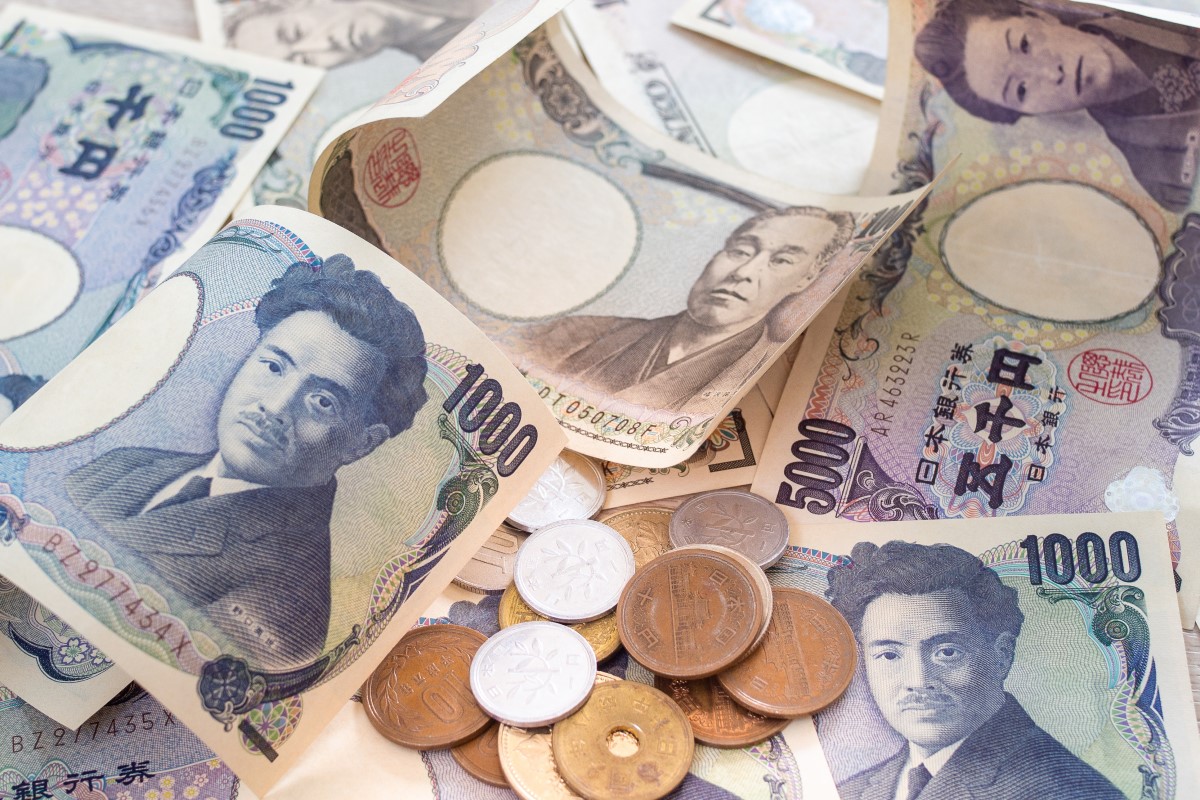Policymakers in Japan are considering another intervention in the forex market after the Japanese yen tumbled past the key threshold of 150 against the dollar, a level previously seen in 1990.
Top currency diplomat Masato Kanda told reporters that the government was “always ready to take the necessary action as excessive volatility has become increasingly unacceptable.”
Policy support for the Japanese yen?
The Bank of Japan has consistently maintained its ultraloose monetary policy. In contrast, the US Federal Reserve has delivered three 75 bps rate hikes, with more expected to come after core US inflation rose to a 40-year high.
The hawkish stance of the US Fed has pushed the benchmark 10-year US Treasury yield up to 4%, while the 10-year Japanese government bond yield is still at zero. The yield gap means the dollar is much more attractive than the Japanese yen, pushing investors to dump the latter in favour of better returns.
“The weaker Yen has not been a negative factor for Japan’s stock market and hitting the 150 level does not seem to be an issue for it. Indeed, the market has been quite stable since the Yen started weakening in earnest in February, and even in USD terms, it has only slightly underperformed the rest of the developed world,” said John Vail, chief global strategist at Nikko Asset Management.
The Bank of Japan will hold a two-day policy meeting on October 27 and 28, but it is unlikely there will be any changes to the monetary policy. Japan’s core consumer prices rose 3% in September, the highest level since 2014. The inflation is largely due to steep energy costs, and inflation without expense on energy stood at 1.8%, which is below the Bank of Japan’s 2% target.
The imported inflation has not deterred Japan from changing its policy stance. The country’s largest labour organization, the Japanese Trade Union Confederation (Rengo) is seeking a pay raise of about 5% as steep consumer prices hit the wallets of the middle class. Whether corporates will agree to this wage increase in a weakening yen environment is yet to be seen.
However, Nikko AM’s John Vail feels the yen at the current level could boost production in Japan. “The weakening Yen (especially vs Korean Won and New Taiwan Dollar) has made Japan a profitable and ultra-reliable country for diversification of high-tech production.”
Japan exports climbed by 28.9% year-on-year in September, topping a market consensus of 27.1% and crossing the August export growth of 22%. However, the trade deficit widened as the weak yen made imports expensive.


 Australia
Australia China
China India
India Indonesia
Indonesia Japan
Japan Malaysia
Malaysia Philippines
Philippines Singapore
Singapore South Korea
South Korea Taiwan
Taiwan Thailand
Thailand Vietnam
Vietnam







